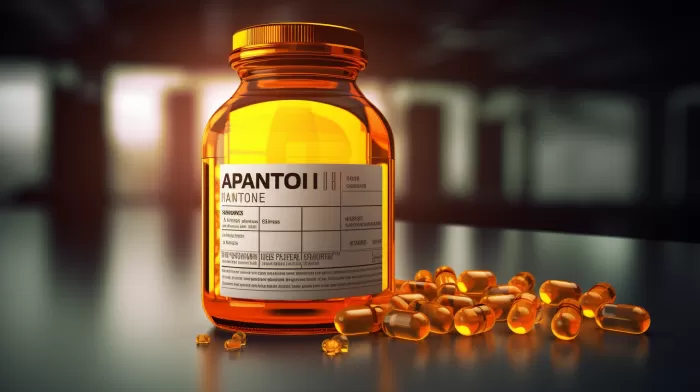Antibiotics have undoubtedly revolutionized medicine, saving millions of lives and easing suffering worldwide. However, they have been overused and misused, contributing to antibiotic-resistant bacteria, which is a serious concern. Beyond this issue, it’s essential to remember that antibiotics are drugs and, like any drug, they have side effects and contraindications. Recent research has also revealed another downside to antibiotic overuse.
The Effect on Gut Bacteria
One reason why farmers feed antibiotics to livestock is that it causes weight gain. The reason behind this effect has been unclear, but new research suggests antibiotics disrupt the balance of beneficial gut bacteria. This results in animals gaining more weight. In a study published in Nature, researchers discovered that antibiotic-fed mice displayed significant body fat gain compared to drug-free mice. They found that these mice didn’t have fewer gut bacteria; they had a different mix, resembling the bacterial mix in obese humans. The mice experienced physiological changes, including hormonal shifts, and changes in key metabolism-influencing genes. As a result, more energy was produced from a given amount of food and stored as fat.
While it’s uncertain if this research can be directly translated to humans, given what we know about antibiotic overuse, it’s another reason to be cautious with these drugs.
Antibacterial Soap Concerns
Many soaps on store shelves now contain antibiotic ingredients. One of these ingredients, Triclosan, has been shown in research to cause muscle weakness, especially in the heart. Studies on lab animals found that Triclosan acts as a cardiac depressant, weakening the heart’s ability to pump blood, and leading to muscle weakness. This is particularly concerning for individuals with underlying heart disease and those who have issues metabolizing such drugs. Triclosan’s prevalence in products means it’s also finding its way into our water supply.
How to Protect Yourself
To minimize your exposure to antibiotics, ensure your personal care products don’t contain them. There’s no good reason for antibiotics to be in these items, and antibiotic-free products are available, often found in the natural products section of stores. It may cost a little more to buy such products, but your health is worth the extra investment.
Maintaining healthy immunity is another crucial step in reducing your need for antibiotics. Begin with a diet that includes lean proteins, whole grains, and plenty of fruits and vegetables. Cruciferous vegetables, such as broccoli, cauliflower, and kale, are particularly beneficial for immunity.
Consider supplements that provide natural support against harmful bacteria and boost immunity. Honokiol extract from magnolia bark has been used for thousands of years in traditional Asian practices to fight infections and support immunity. An herbal formula that incorporates 19 botanicals is another option, working together to combat infections, enhance immune function, offer strong antioxidant protection, reduce inflammation, and promote good circulation. Medicinal mushroom formulas can also effectively boost immunity and support various areas of health.
Finally, don’t forget probiotics to support the beneficial microbes in your digestive tract. This is especially vital if you have taken a round of antibiotics that kills off good bacteria in the digestive tract. After finishing antibiotics, restore your system’s balance as soon as possible with a high-quality probiotic supplement. Cultured foods such as raw sauerkraut, kimchi, yogurt, and kefir are also excellent for bringing digestion back into balance.
Antibiotics are an important medicine for serious bacterial infections but should be used cautiously to optimize their effectiveness and protect long-term health. Balance is key, and by incorporating some of these safeguards mentioned, you can better protect yourself and maintain a healthier lifestyle.



